
Photo by Marcus Kazmierczak
“Cleansing” is my second of three plays performed by the Playwrights Foundation in its recent FlashPlays festival. This play was directed by Logan Ellis and performed by Caleb Cabrera, Anthony Agresti, Ehsaan Taeb, Rivianna Hyatt, and Michael-Ann Conner.
CLEANSING
A Short Play
By Tracy Held Potter
CHARACTERS
A
B
C
D
[A, B, C, and D act out gestures for each of their concerns. They keep moving the whole time.]
A
Gripe: gentrification.
B
Grumble: cost of living.
C
Hissss: racism.
D
Rrrrgh: pollution.
C
Hisss!
D
Rrrrgh!
A
Gripe!
B
Grumble!
A
Gripe!
B
Grumble!
A
Gripe! Gripe!
C
Hissssssss
B
Grumble! Grumble!
D
RRRGGHHH!!!!!
[Rain begins to fall. D notices first. The others catch on and become entranced by the sound, feel, and existence of water falling from the sky. They revel.]
D
Aaaahhhh….
C
Aaaahhhh….
A & B
Aaaahhhh….
A/B/C/D
Ah.
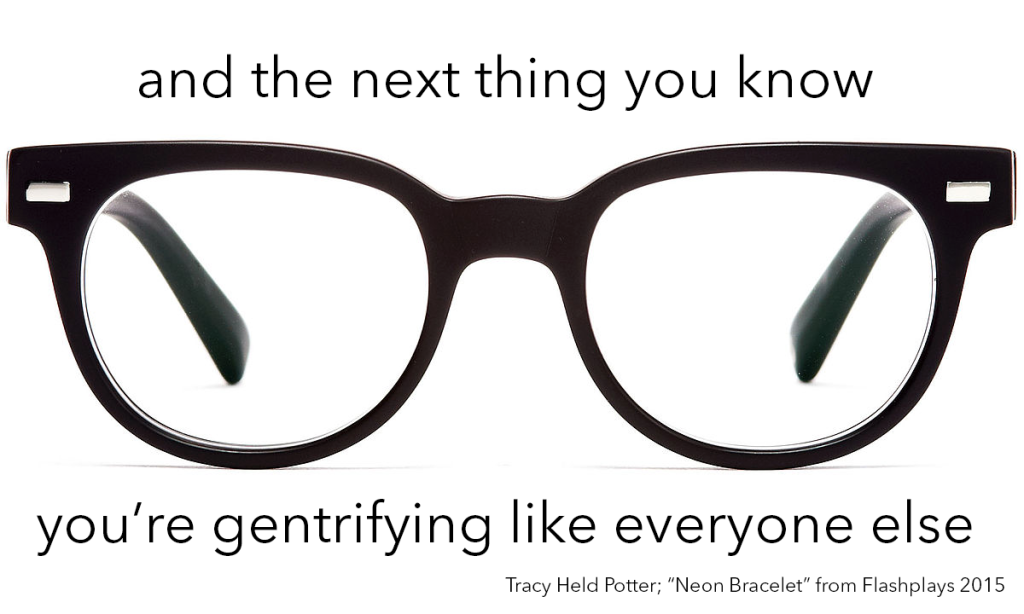
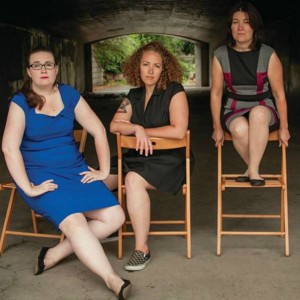
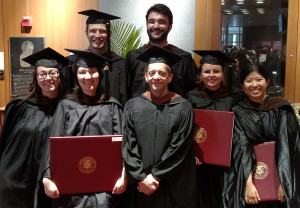
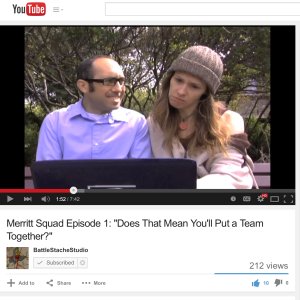
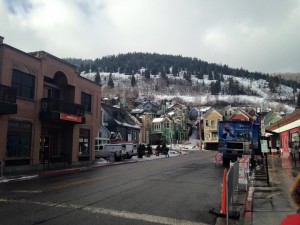
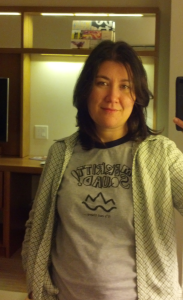
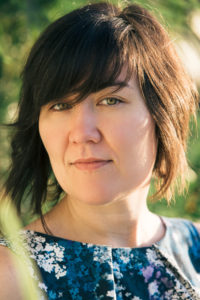
Recent Comments